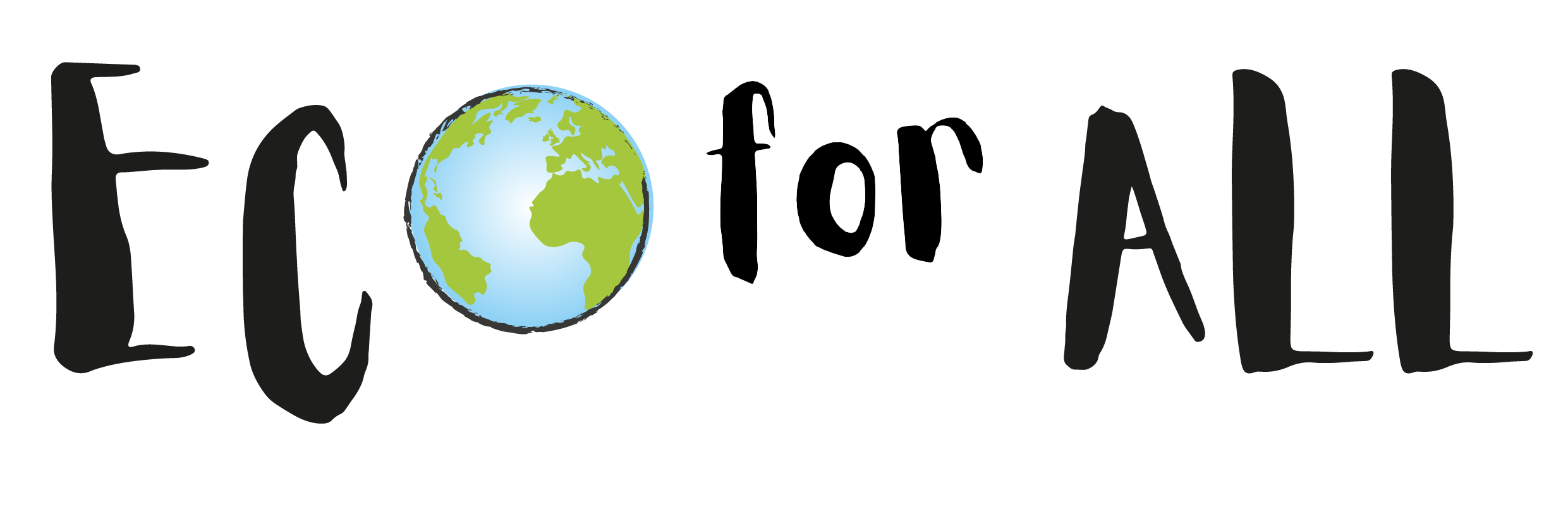I’m writing this at the end of July – which means we’re also nearing the end of Plastic Free July. Plastic Free July is one of my favourite environmental initiatives as so many people now take part. In fact the figure stands at around 100 million people globally, which is the perfect reminder that we’re not on our own in trying to make a difference. According to the Plastic Free July website, in the last 5 years alone, participants have avoided 1.4 billion kgs of plastic waste – and this is just from the people who actually registered and logged their actions! This is huge!! It’s always important to remember that our efforts are not in vain. Every single action we take to reduce our waste counts. We should always look to reduce, reuse, recycle.
REDUCE
As ‘there’s no such thing as away’ – reducing our consumerism is key. Asking ourselves whether we genuinely need to buy something is a good habit to get it to. How much will ‘that thing’ actually enrich our lives? Or are we just looking for a quick shopping hit? Remember that all those things you buy, everything in your house, ultimately has to end up somewhere – generally in landfill or an incinerator. It’s worth setting yourself the goal of saving up for an experience to distract you from that ‘shopping hit.’ Ultimately, memories are always much more enriching than the ‘stuff’ (wow, that’s pretty philosophical for me!)
One of my favourite tips on helping clients to reduce their waste, is to have the word ‘LANDFILL’ written on their kitchen bin. This is a really pertinent reminder of where our rubbish is likely to end up. It’s obviously not a sustainable solution for almost 68 million UK residents – let alone 8 billion people globally. Keep a track of what goes in your bin.
REUSE
Looking for the regular items that end up in your bin and trying to change your shopping habits wherever possible will help to reduce the amount you throw away. Ask yourself if there’s a reusable alternative. Reusables are a great way of reducing waste and more often that not, save us money over time. The perfect example of this is something most of us now own – a water bottle. Using our own reusable water bottles helps us to avoid buying plastic water bottles when we’re out and about. If a bottle of water from the shops costs around £1 – and you avoid this on a weekly basis by taking your own drink with you – that’s a £50 saving over a year as well as 50 plastic bottles avoided. Apply this to other reusables and you can see how the savings quickly mount up!
RECYCLE
Recycling is always the last option we should turn to. Yes, it’s better than your waste ending up in landfill, however recycling plants still use power to process everything we recycle. And glass particularly is very energy intensive to recycle. Plus there are a whole heap of problems when it comes to recycling plastic. Unfortunately, out of the 50+ different types of plastic produced, only 7 can be recycled. Even then, plastic can only be recycled a couple of times as the material degrades each time. Recycled plastic can be used to make other products, which helps to lengthen it’s lifespan and keep plastic out of the rubbish pile, however, these new products can’t be recycled due to the reduction in quality.
Only 9% of plastic produced globally is actually recycled so chances are it’s ending up in landfill, in the ocean – or it’s being incinerated which releases toxic fumes. This is why reducing and reusing are preferred options before recycling. Out of the 100 billion plastic items thrown away annually in the UK, around 83% is food packaging. This means we can all make a difference. Consumer power directly influences what our supermarkets sell and how they sell it. See what 1 swap you could make this week. Remember, you’re one of millions of people all doing what they can. Always look to reduce, reuse then recycle.

